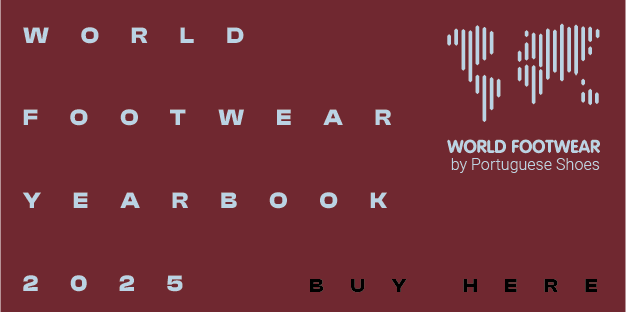Licence for Greenwash: false promise for certification continues

The report Licence for Greenwash shows that a majority of sustainability certification schemes fail to meet their promise and represent, at best, a sophisticated form of greenwashing
To assess whether ten sustainability certification schemes in the textile industry (out of more than 100 listed in the Ecolabel Index) could claim credit for creating any transformation change, the Changing Markets Foundation analysed their level of ambition, scope for continuous improvement, independence, transparency and track record of performance. The schemes under the radar were the certification labels bluesign, Cradle to Cradle (C2C), EU Ecolabel, OEKO-TEX and Textile Exchange’s Global Recycled Standard and Recycled Claim Standard, the multi-stakeholder initiatives Ellen MacArthur Foundation, The Microfibre Consortium (TMC) and ZDHC, and the self-assessment tools Higg Index and WRAP.
"Most of the initiatives analysed in this report fail to meaningfully uphold high levels of ambition and thus merely provide a smokescreen for companies that want to appear to be taking steps towards sustainability. The majority do not set strict requirements and timelines for their members to progressively raise their ambition, but instead provide different modules with differing requirements, allowing companies with lacklustre ambition to still join", it can be read in the Licence for Greenwash report.
Overall, the document details that most initiatives focus on only a few aspects of a seemingly arbitrary selection of a product’s life cycle stages, which "enables schemes to shape a certain vision of sustainability that may not reflect the reality". The investigation also identified a "concerning lack of accountability" across initiatives, since no evidence was found of enforcement of consequences for those who commit to certain targets, and highlighted their "compromised independence", often vulnerable to high levels of influence through the brands that fund the schemes or are otherwise involved.
Transparency is another weak point transversal to all initiatives, "at worst, these schemes are operating as a black box, with no external scrutiny, yet are informing major decisions about fibre and material use". The authors note that transparency is more than just flooding the public with information: it is about presenting this information in such a way that it can be easily found, understood, and if necessary, challenged.
Image Credits: sensusjournal.org















